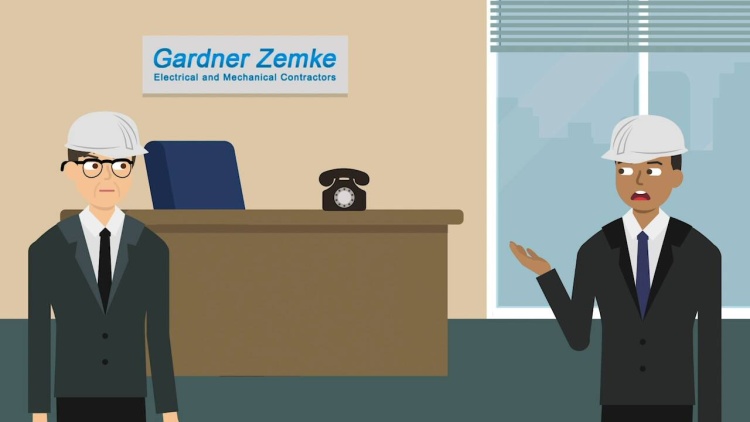Gardner Zemke Co. v. Dunham Bush, Inc.
New Mexico Supreme Court
115 N.M. 260, 850 P.2d 319 (1993)
- Written by Megan Petersen, JD
Facts
Gardner Zemke Co. (Gardner) (plaintiff) was a general contractor awarded a large contract from the Department of Energy (DOE). Gardner awarded a subcontract to Dunham Bush, Inc. (Dunham) (defendant) to supply air-conditioning units for the DOE project. Gardner sent a purchase order requesting the goods to Dunham, and Dunham replied with an acknowledgement form containing substantial warranty disclaimers. The acknowledgement form also contained a provision that silence by Gardner would be interpreted as acquiescence to the new agreement. Gardner and Dunham went forward with the transaction without resolving discrepancies between the purchase order and the acknowledgement form. Gardner alleged that the goods provided by Dunham did not conform to its specifications, and thus Gardner was required to pay additional installation costs for the nonconforming goods. A few months after the air-conditioners were installed, DOE complained to Gardner that two were not working properly. Gardner requested examination of the units by Dunham, but Dunham refused to provide this service unless DOE issued an additional purchase order expressing willingness to pay for Dunham’s services if the air-conditioners were found to not be problematic. DOE did not issue another purchase order, but instead chose an independent contractor to repair the two air-conditioners. DOE then withheld $20,000 from Gardner’s contract to cover the cost of repairs. Gardner brought suit against Dunham to recover this money, and the trial court ruled for Dunham on the ground that its acknowledgement form disclaiming warranty operated as a counteroffer which was accepted by Gardner. Gardner appealed.
Rule of Law
Issue
Holding and Reasoning (Franchini, J.)
What to do next…
Here's why 907,000 law students have relied on our case briefs:
- Written by law professors and practitioners, not other law students. 47,100 briefs, keyed to 996 casebooks. Top-notch customer support.
- The right amount of information, includes the facts, issues, rule of law, holding and reasoning, and any concurrences and dissents.
- Access in your classes, works on your mobile and tablet. Massive library of related video lessons and high quality multiple-choice questions.
- Easy to use, uniform format for every case brief. Written in plain English, not in legalese. Our briefs summarize and simplify; they don’t just repeat the court’s language.





